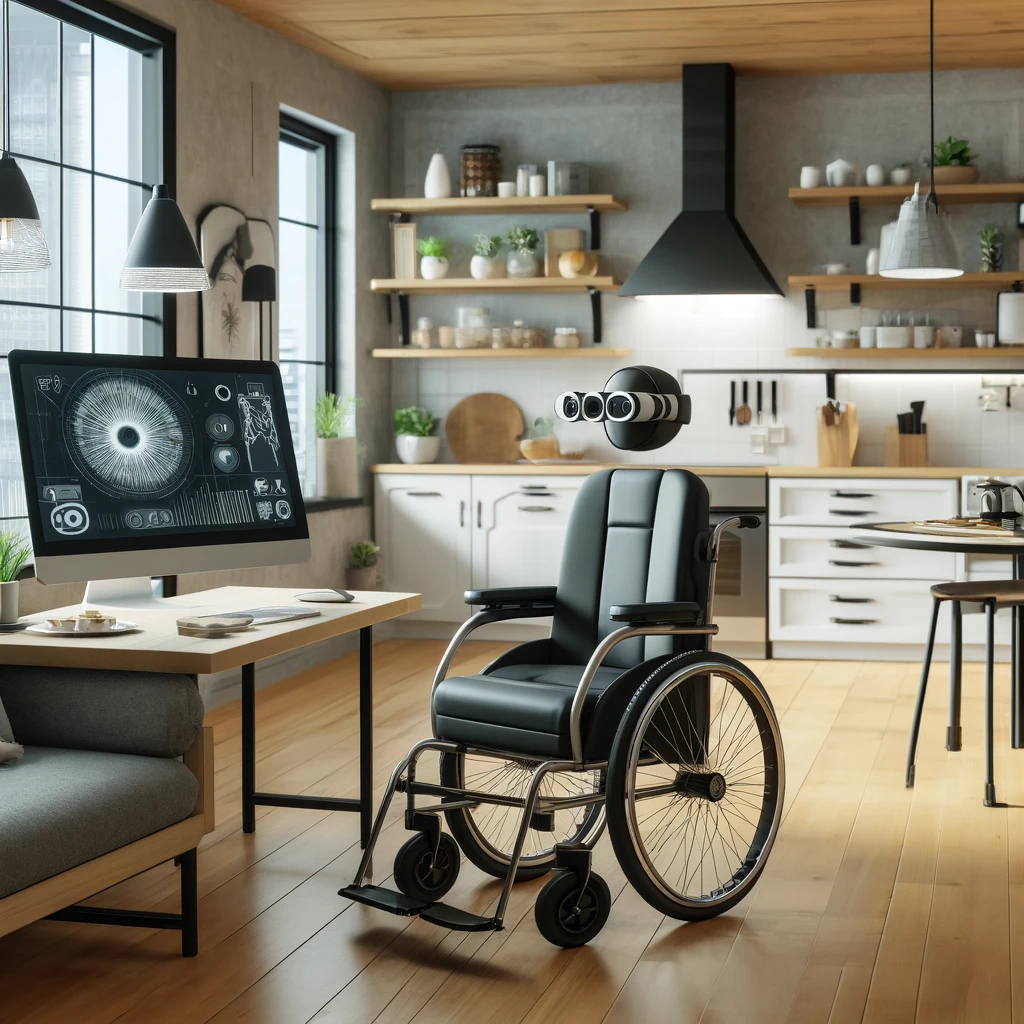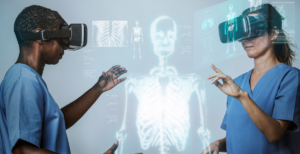Explore the Latest Gadgets and Tools Designed to Improve Everyday Life for Individuals with Disabilities
Assistive technology (AT) has revolutionized how individuals with disabilities engage with the world, offering tools that enhance independence and facilitate daily activities. This guide highlights some of the most innovative gadgets and devices that promise to transform daily life.
Assistive technology encompasses a wide range of devices designed to help individuals with disabilities perform functions that might otherwise be difficult or impossible. These technologies are crucial for improving quality of life, promoting independence, and enabling people with various disabilities to participate more fully in all aspects of life.
Mobility Aids
Smart Wheelchairs: These wheelchairs go beyond essential mobility by incorporating advanced features like GPS navigation, obstacle detection, and programmable controls. They adapt to different terrains and environments, making them invaluable for outdoor and indoor navigation.
Walking Assist Devices: Exoskeletons and advanced prosthetics provide support and mobility for those with limb impairments. These devices improve mobility and help with rehabilitation and strengthening of limbs.
Communication Enhancements
Speech-generating Devices: These devices offer a voice to individuals who are unable to speak. They range from simple message boards to complex systems that generate speech through various input methods, like button presses or eye movements.
Accessible Computing Tools include software and hardware adaptations, such as eye-tracking systems for computer control and adaptive keyboards for individuals with limited mobility or dexterity.
Daily Living Aids
Adaptive Kitchen Tools: Cooking and eating are made more accessible with utensils designed for one-handed use, automated food preparation equipment, and voice-activated kitchen appliances that help reduce the need for physical interaction.
Smart Home Devices: From lights and thermostats to security systems, smart home technology allows for environmental control at the touch of a button or a voice command, empowering users with significant independence.
Vision and Hearing Solutions
Enhanced Visual Aids: Technological advancements have led to the development of digital magnifying glasses and wearable devices that can convert visual information into auditory feedback, helping those with visual impairments navigate their surroundings more effectively.
Advanced Hearing Aids: These are finely tunable to individual hearing profiles and often include wireless connectivity to smartphones, allowing for discreet and convenient control over settings and environmental adaptation.
Educational Tools
Learning Software: Specially designed software that adapts to the learning needs of students with disabilities, featuring customizable interfaces and interactive elements to facilitate better engagement and comprehension.
Assistive Reading Tools: Tools like text-to-speech software and audiobooks support reading and comprehension, especially helpful for individuals with dyslexia and other learning disabilities.
The development of assistive technology continues to break new ground, offering innovative solutions that enhance the lives of those with disabilities. By integrating these devices into everyday life, individuals can achieve greater independence and a higher quality of life.





